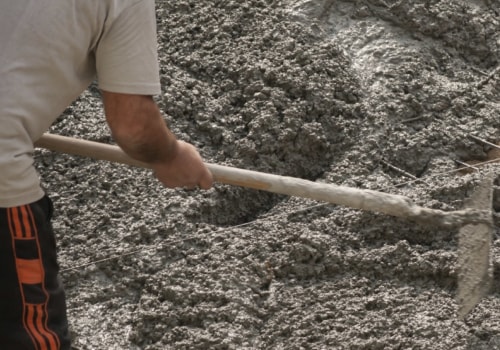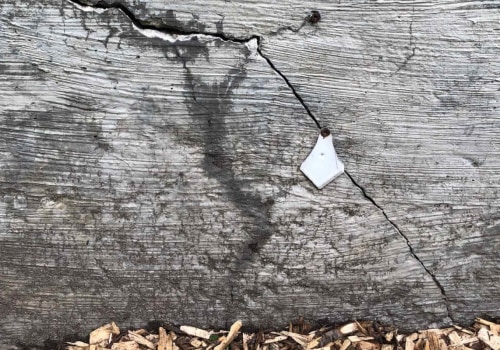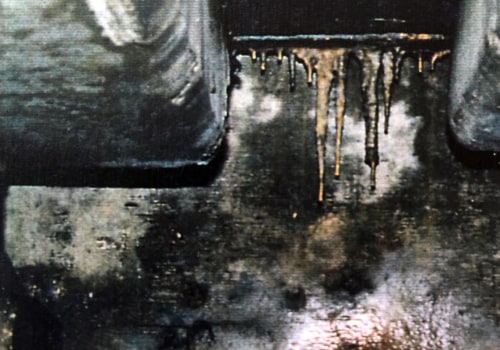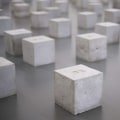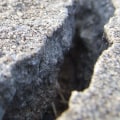Concrete is one of the most heat and fire resistant building materials, and it has been proven to have a high degree of fire resistance. It is made by mixing sand, aggregate stone, and cement with water, and contains no flammable ingredients. As such, concrete does not burn, cannot be set on fire, and does not emit any toxic smoke when affected by fire. Concrete is a form of masonry such as brick, clay or stone.
Like other masonry products, it does not burn. In fact, it is not damaged at all by fire unless it is exposed to temperatures of thousands of degrees Fahrenheit - much hotter than a typical house fire would do. Instead of burning, at extremely high temperatures, concrete breaks down, becomes brittle and can return to a dust-like shape. Yes, the surface of concrete can burn if it is covered with flammable material such as plastic, fuel or varnish.
However, concrete alone is not explosive at all. Experience shows that concrete structures are more likely to stand through fire than structures made of other materials. Unlike wood, concrete does not burn. Unlike steel, it does not soften or bend. Rigid foam insulation panels on both sides of the concrete wall can provide enough insulation for the home.
Concrete is made entirely of non-combustible materials, this lack of flammability makes it the perfect base for a campfire. Poured concrete block foundations and slab foundations will last a lifetime - from 80 to 100 years or more - since they have been built with precision. However, despite being one of the most durable and soundproof types of buildings, concrete is also an effective heat absorber, which means that concrete houses tend to get quite cold in winter and can get very hot in summer. Building a concrete house usually costs 4-8 percent more than a wooden house, and sometimes it can be up to 10 percent more. Conventional reinforced concrete such as steel and steel (wire-reinforced glass) remains in its original place for a long time even in the event of a fire. Designing your next home with concrete walls would provide an important and effective measure against fire. It has good thermal insulation due to the space inside it, and at the same time it heats up slower compared to traditional solid reinforced concrete.
In addition, special ceramic reinforcements are placed in the concrete which increase its durability at high temperatures (exceeding 1000°F).Concrete is a cold-blooded animal: the temperature of its body rises and falls in direct harmony with its environment. Therefore, in the world of masonry magazine, the first and most important thing you will find for inspection is concrete - whose contribution is immense in the construction of houses. We all know that concrete is a fire and heat resistant building material made from sand, cement and aggregate tone. Since the coronavirus arrived in the U. S., timber prices have more than doubled but concrete hasn't risen much.
